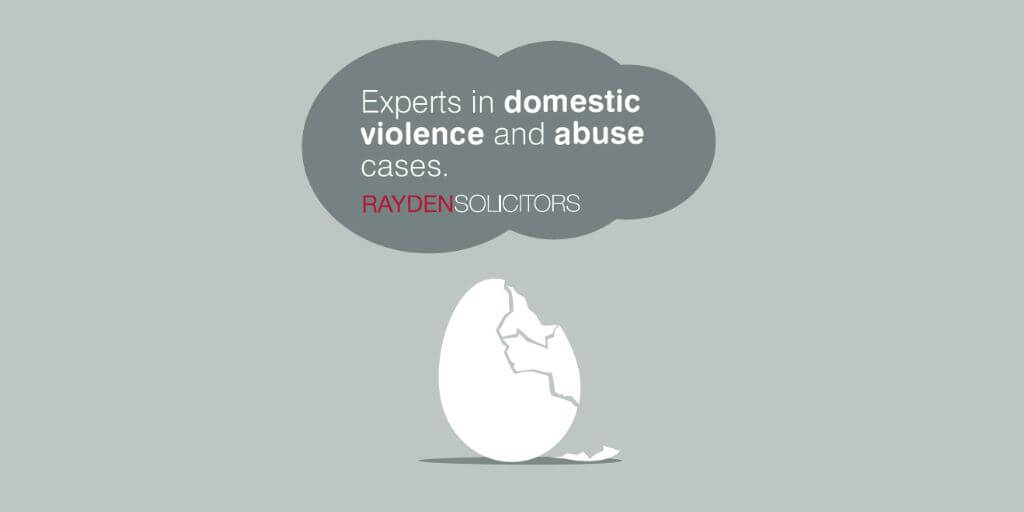In a series of blogs Legal Director, Nicola Meldrum, joins with guest author Sunita Anderson who is a survivor of domestic violence and now coaches and mentors other survivors through domestic abuse recovery. Together they look into what domestic violence is, the different forms it can take and the route out of an abusive relationship.
Recovery and rebuilding a life beyond domestic abuse, is the lion’s share of the coaching work and support that I do. It can be hard and often overwhelming for many survivors of domestic abuse to recover and move ahead with their lives. To reach this point, the journey will have been tough and difficult to look forward to a safe and secure future. Here, I share how being a survivor is a positive life change.
What has changed?
It is possible that in being so focused on leaving a narcissistic and abusive relationship, the following changes were overlooked or not anticipated to ‘hit you’ so hard:
- Living somewhere different
- Children moving schools
- A loss or change of friends and family
- Needing to get a job
- Being a single parent needing childcare help
- Lack of transport e.g. no longer having the car you used to share with your ex
- Managing the emotions of your children who do not fully understand what has happened
Additionally, the realisation of having been a victim who is now able to feel safe, can in fact trigger a crash of grief, depression, feelings of hopelessness and being friendless, Anxiety, engulfing you to the point that you don’t know what to do next.
This is trauma. Whether coming from being physically attacked, to being financially abused, experiencing coercive and controlling behaviour or aggressive mental abuse, all survivors will begin their new life with a degree of trauma or Post Traumatic Stress disorder (PTSD). Different abusive backgrounds require different approaches to recovery, not forgetting that there is another layer if children are involved.
What is domestic abuse recovery?
Domestic abuse recovery is an approach that helps survivors, both male and female, to manage these overwhelming feelings, creating a clarity that allows new and happy ventures to take shape. It is about mastering the coping strategies needed for the place you now find yourself in. There is absolutely life after abuse.
With this clarity, self-healing can begin which has a positive domino effect on boosting confidence, rebuilding a community and providing capability to embrace any new challenge. It is about empowerment for men, women and children who have lived through domestic abuse and violence.
How can I start when I feel alone with no energy?
Leaving any abusive relationship is physically challenging and mentally draining.
STEP 1: Allow yourself some grieving time. The decision to leave may have been the best thing, but you have still had a loss. Give yourself time to process this and prioritise personal self-care to heal and build yourself up again. Even more so if you have children.
STEP 2: Revisit your exit plan (see previous blog: Domestic Abuse – Now That You Are Aware) and re-set your goal as you are now separated from your abuser. Be practical but also create something that you can look forward to.
What if the abuser comes back? I have to see that person for the children anyway?!
STEP 3: Create firm boundaries from the start. These boundaries are a set of your rules to help manage child arrangements. Maintain your log book. Keep conversations short to child arrangements and nothing extra.
How can I trust anyone again?
STEP 4: Educate yourself about domestic violence and coercive control. When you have this level of understanding you are less likely to (a) fall back into the abuser’s arms or (b) repeat the cycle with someone else.
Building a new support system can take time. However, this new community will better fit your new goal and way of living, and the final step to share here is:
STEP 5: Never hesitate to ask for help when you need it. There is plenty available; you are not alone.
If you have questions about the issues raised in this article please do not hesitate to send Nicola and Sunita an email.








